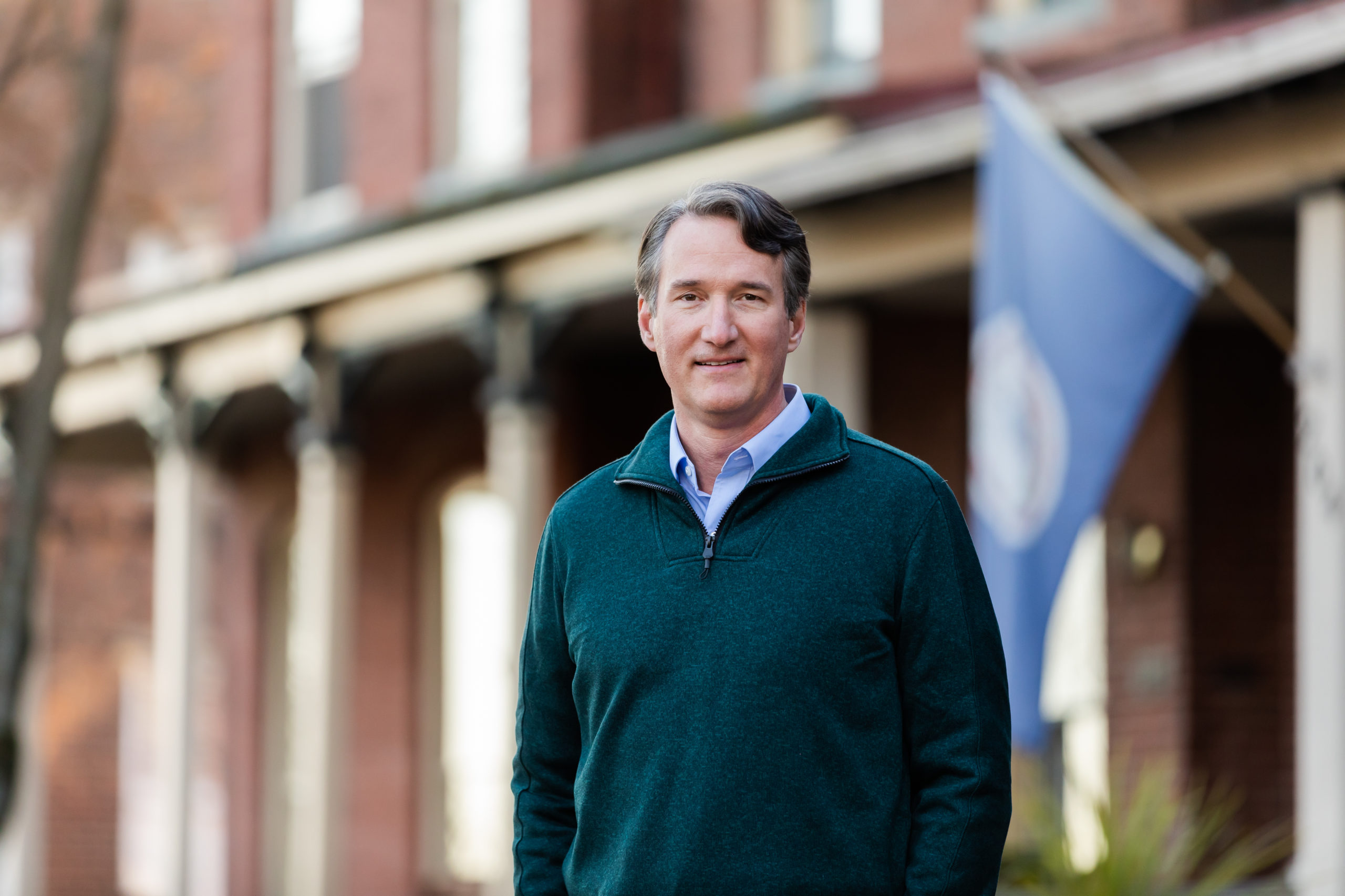Virginia Gov.-elect Glenn Youngkin says he won’t mess with a recently enacted law that legalized cannabis possession when he takes office later this month, though he has reservations about the launch of a regulated market for recreational weed.
“I will not seek to overturn the law on personal possession,” he told Virginia Business in an interview last week.
But the former CEO hinted he could seek to change parts of the law to authorize weed sales, including provisions to protect workers and promote social equity within the cannabis industry.
“When it comes to commercialization, I think there is a lot of work to be done,” he said. “I’m not against it, but there’s a lot of work to be done.”
Weed sales in the commonwealth are slated to begin in 2024, though some want to expedite that timeline. In December, a panel of state lawmakers voted to recommend speeding up the launch of a regulated market to January 2023 by allowing existing medical dispensaries to get a headstart on recreational sales.
Yet the launch of a recreational market isn’t set in stone yet. A re-enactment clause in the legalization package signed by Gov. Ralph Northam last year requires lawmakers to take another vote on authorizing sales this session. Provisions legalizing home cultivation and possession are already in effect, and will not need to be re-enacted.
Some advocates say they’re worried the incoming GOP-led House could get in the way of plans to launch a regulated market despite several Republican lawmakers assuring they won’t seek to obstruct sales.
Last year, the entire Republican caucus in the House voted against the legalization bill, which still managed to pass with 54 Democratic votes.
As for Youngkin, he’s offered mixed signals on weed. In the run-up to the election, the 55-year-old Republican called legalization a “mess” and said he’d “never met” a successful pot user. He’s since worked to dispel that anti-weed reputation, but advocates remain worried that some key parts of legalization could get scrapped under his leadership.
In the Virginia Business interview, Youngkin took aim at parts of the current legalization laws that would protect cannabis workers seeking to form a union.
“There are some nonstarters, including the forced unionization that’s in the current bill,” he said.
The provisions he was referring to allow cannabis regulators to revoke a company’s business license if it tries to interfere with union organizing efforts, fails to meet federal wage standards or classifies more than 10% of employees as independent contractors.
Youngkin also hinted he could seek to modify some social equity provisions in the current cannabis laws that give people harmed by prohibition a leg up in the industry.
“There’s a real need to make sure that we aren’t promoting an anti-competitive industry,” he said. “I am all for opportunities for minority-owned businesses, women-owned businesses [and] military-owned businesses. We also have to make sure that they have the capabilities to compete and thrive in the industry.”






